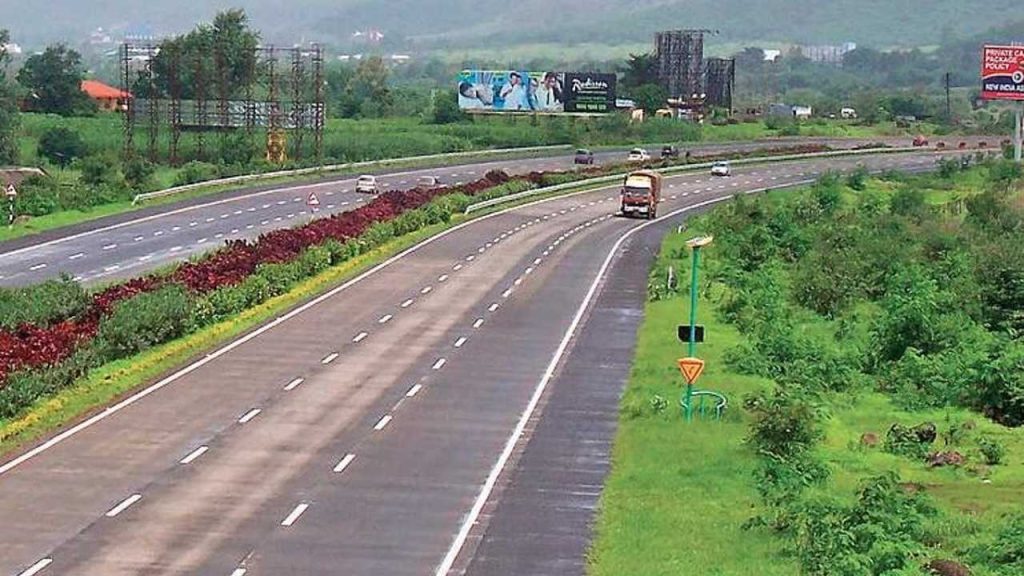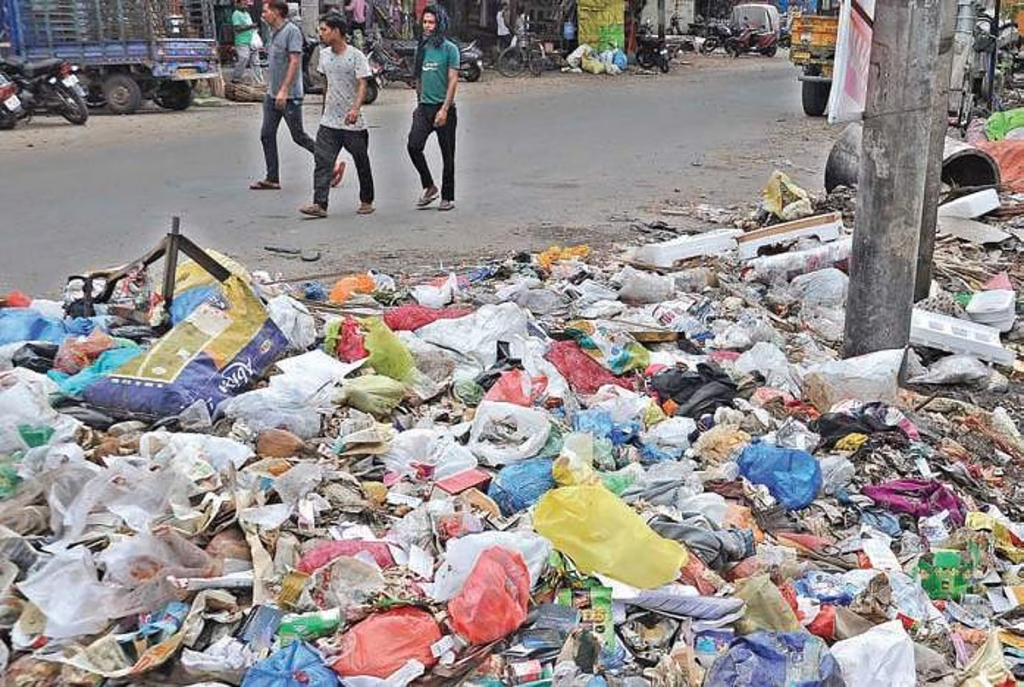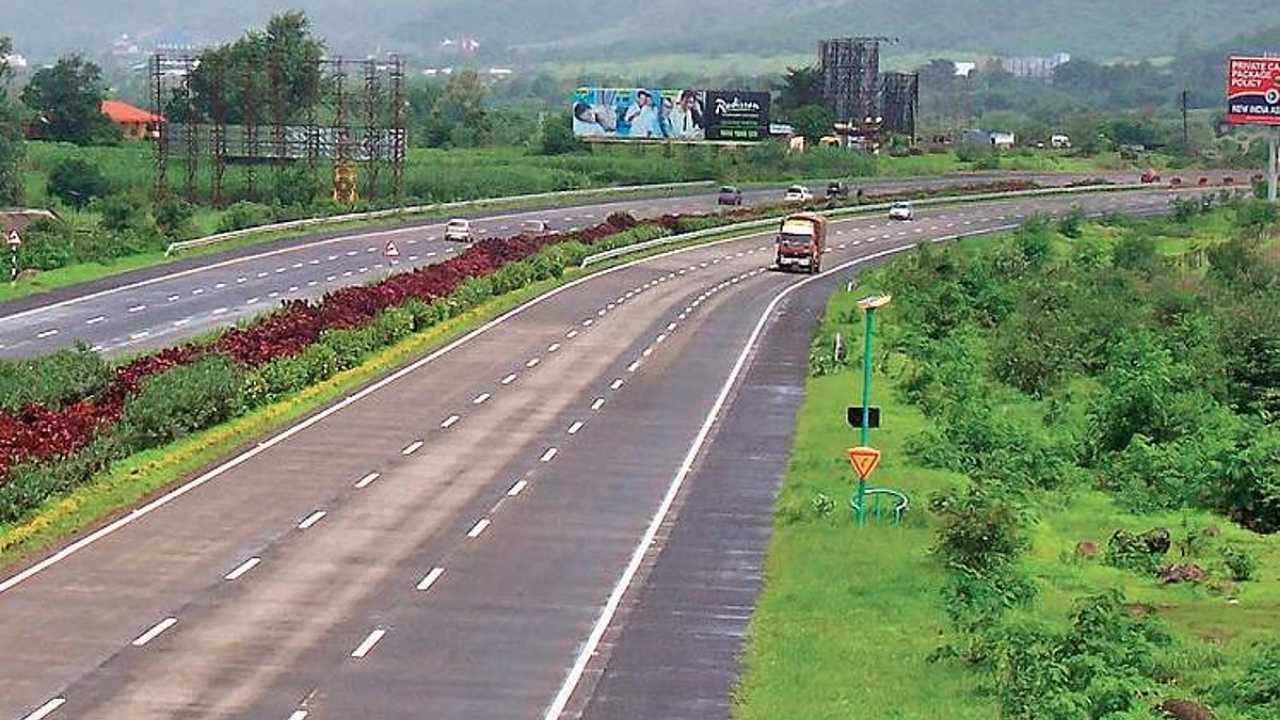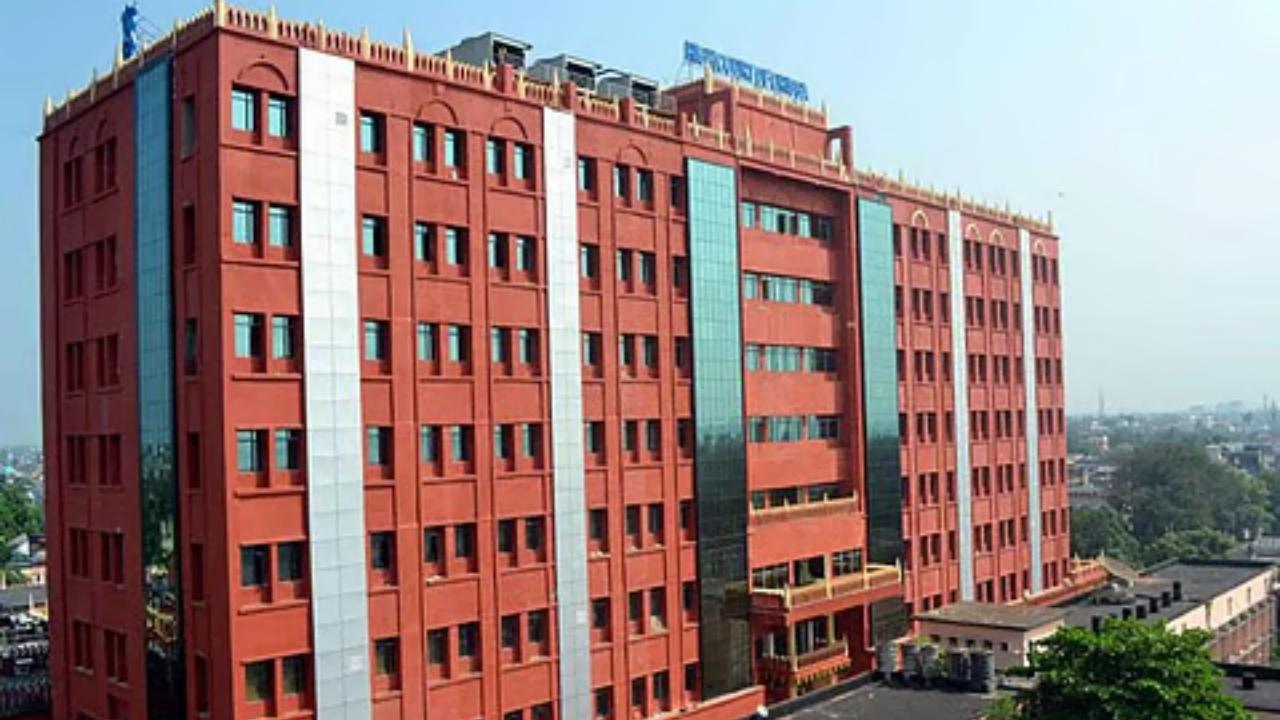In a groundbreaking move that merges environmental sustainability with modern infrastructure, Odisha has become a trailblazer in using plastic waste for road construction. This innovation, which promises to address two major concerns – pollution and the need for durable roads – is part of the state’s commitment to becoming a leader in eco-friendly urban development. As plastic pollution continues to plague the planet, solutions like these are not only relevant but essential. The initiative not only boosts road longevity but also helps tackle one of the most pressing environmental issues of our time: plastic waste management.
The Big Picture: Why is This Important?
Plastic waste is a huge problem. In India alone, over 3.3 million tons of plastic are discarded every year, with only 60% of it being recycled. The rest ends up in landfills, rivers, and oceans, harming wildlife and creating environmental havoc. Meanwhile, roads, essential for connecting people and driving economies, often suffer from wear and tear. Traditional road construction methods use a lot of bitumen (a petroleum product), which is costly and environmentally taxing.
That’s where Odisha’s initiative comes in. The state has decided to recycle plastic waste and use it as a part of road construction material. This forward-thinking move has the potential to solve two problems at once: reducing plastic waste and enhancing the quality of roads

By mixing shredded plastic with bitumen, a substance used to bind road materials, roads become stronger, more durable, and less prone to cracks. The idea is gaining traction across the country, and Odisha is leading the charge.
Odisha Pioneers Plastic Waste for Sustainable Road Development
| Key Points | Details |
|---|---|
| State Leading the Change | Odisha is pioneering the use of plastic waste in road construction. |
| Environmental Benefits | By using plastic waste in road building, plastic pollution is significantly reduced, contributing to a cleaner environment. |
| Road Durability | Roads made with plastic-infused bitumen are more durable and resistant to wear and tear, offering better long-term solutions for infrastructure. |
| Pilot Projects | Odisha plans to roll out pilot projects to assess the effectiveness of using plastic waste for road construction. |
| Support from National Programs | The initiative aligns with national efforts, such as projects by the National Highways Authority of India (NHAI), to use waste plastic in infrastructure development. |
| Global Impact | India, through initiatives like these, is making strides towards becoming a more sustainable and environmentally conscious nation. |
For more information, visit the official Odisha government website.
Odisha’s move to use plastic waste for sustainable road development is a shining example of how innovative solutions can tackle some of the world’s most pressing environmental challenges. By turning plastic waste into durable road materials, the state is not only helping to combat plastic pollution but also improving infrastructure. This initiative is a win-win for the environment, the economy, and the communities that benefit from better roads. The future of eco-friendly infrastructure is here, and Odisha is leading the way.
How Plastic Waste is Used in Road Construction
The process of turning plastic waste into usable road material is more straightforward than it might sound. Here’s a breakdown of the steps involved:
Step 1: Collection and Sorting of Plastic Waste
The first step is to gather plastic waste from various sources, including bottles, carry bags, and wrappers. In Odisha, local municipalities and other organizations play a role in collecting plastic waste. The plastic is sorted to remove any impurities like paper or food particles.

Step 2: Shredding the Plastic
Once sorted, the plastic is shredded into small pieces. This shredded plastic is highly adaptable and can be blended with other materials such as bitumen to make road construction material.
Step 3: Heating and Mixing with Bitumen
The shredded plastic is then heated and mixed with bitumen. This mixture is typically blended at temperatures around 160-170°C. When combined with the right aggregates (such as sand or crushed stone), this plastic-bitumen blend becomes a durable and flexible material suitable for road construction.
Step 4: Laying the Road
The plastic-infused bitumen mixture is then used just like traditional road-making material. It’s spread and compacted, forming a solid surface. The result? Roads that resist cracks and wear, even in harsh weather conditions.
Step 5: Monitoring and Maintenance
After the road is laid, it’s essential to monitor its performance. The roads constructed using plastic waste are known for their durability and cost-effectiveness, which makes them a popular choice for urban and rural roads alike.
Benefits of Plastic Waste in Road Construction
- Environmental Impact
The recycling of plastic waste into road material significantly reduces the amount of plastic that ends up in landfills, rivers, and oceans. It contributes to the circular economy, ensuring that waste is given a second life rather than being discarded. - Cost-Effective
Using plastic waste in road construction can reduce the cost of bitumen, which is traditionally expensive. It can also lower the long-term maintenance costs of roads, as plastic roads are more durable than conventional ones. - Durability
Roads made from plastic-infused materials are known to be stronger and long-lasting, reducing the need for frequent repairs and maintenance. This is particularly beneficial in areas with high traffic and extreme weather conditions. - Enhanced Performance
Roads constructed with plastic waste are resistant to water damage, one of the most common issues with traditional roads. The mix improves flexibility, allowing the road to expand and contract with temperature changes without cracking. - Job Creation
The initiative to use plastic waste in road construction could create jobs in waste management, recycling, and construction sectors, benefiting local economies.
Examples of Plastic Waste Roads Around the World
While Odisha is leading this innovative project in India, other countries have also explored the use of plastic in road construction:
- United States: Several cities in the U.S., including Los Angeles, have experimented with plastic roads as part of their green infrastructure initiatives.
- Australia: Australia has also explored plastic bitumen as a potential solution to reduce plastic waste, particularly in urban areas with high traffic volumes.
- United Kingdom: The UK has tested plastic roads in several regions, citing reduced maintenance costs and improved road quality.
Bhubaneswar Development Authority Requires UAN Registration for Land Allotment – Deadline August 31!
BJD Chief Calls Bhubaneswar Metro Scrapping a Setback for City’s Development
Odisha Government Prioritizes Swift Development of Tribal Areas, Says CM Majhi
FAQs
1. How does plastic make roads stronger?
Plastic waste, when mixed with bitumen, makes roads more flexible and resistant to damage. It helps reduce cracking, even in extreme weather conditions, increasing the overall durability of the road.
2. Is plastic road construction safe?
Yes, plastic roads are not only safe for vehicles but also beneficial for the environment. The process ensures that plastic waste is properly recycled, and the final product is a durable road surface.
3. Can all types of plastic be used?
Mostly polyethylene plastics (like plastic bottles and bags) are used because they are easily shredded and mixed with bitumen. However, the types of plastics used may vary based on availability and local recycling infrastructure.
4. What are the environmental benefits?
By using plastic waste in road construction, less plastic ends up in landfills or oceans, reducing pollution. Additionally, these roads last longer and require less maintenance, contributing to a more sustainable approach to infrastructure development.
5. How does this technology help in the long run?
The use of plastic waste in road construction aligns with the goal of creating a circular economy. Roads built with recycled materials reduce the need for virgin resources, thus preserving natural resources for future generations.





